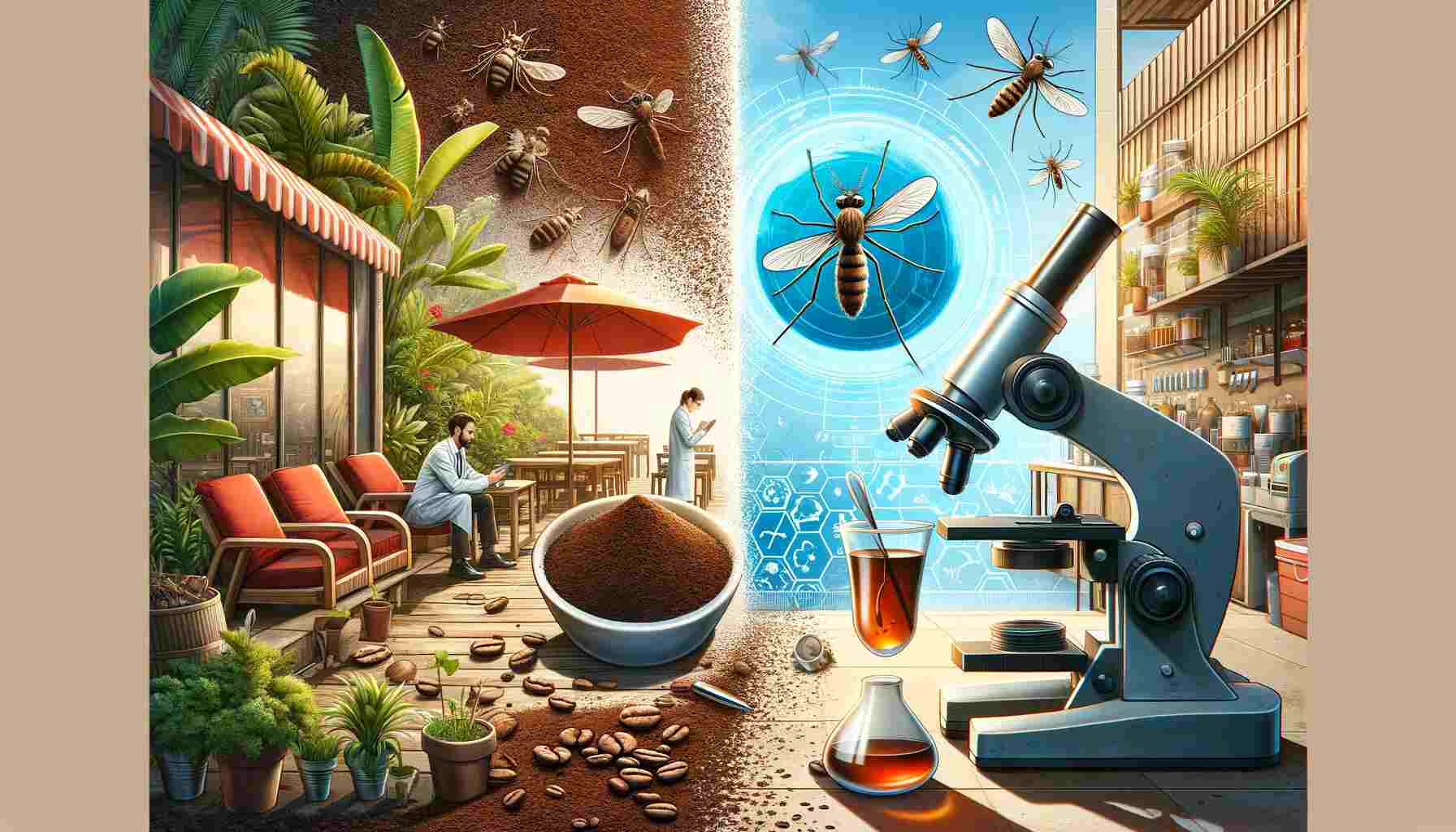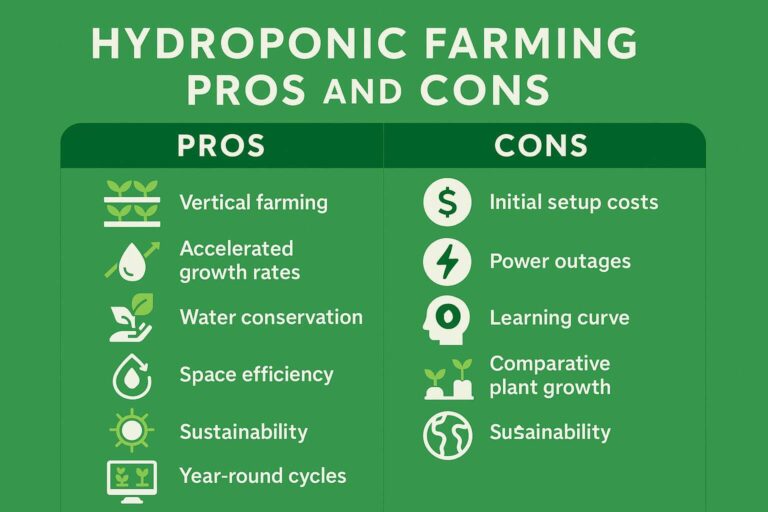Mosquitoes can be an annoying and persistent presence during warm summer evenings, making outdoor activities less enjoyable. Over the years, various methods and remedies have been proposed to keep these pesky insects at bay. One such method that has garnered attention is the use of coffee grounds. But do coffee grounds really work to repel mosquitoes?
Coffee grounds are a partial mosquito deterrent, not a complete solution. They won’t kill larvae or prevent mosquitoes from returning.
However, in this comprehensive article, we will explore the science behind this popular belief, its effectiveness, and alternative mosquito-repelling solutions.
The Coffee Grounds Mosquito Repellent Myth
The Claim
The belief that coffee grounds can repel mosquitoes is rooted in the idea that the aroma of coffee is unpleasant to these insects. It is believed that by scattering coffee grounds in your outdoor spaces, you can create a barrier that discourages mosquitoes from approaching.
The Science
To understand whether this claim holds any scientific merit, we need to examine the factors involved. Firstly, mosquitoes are primarily attracted to humans by the carbon dioxide we exhale, body heat, and body odors. While some scents may deter mosquitoes, coffee grounds alone might not be potent enough to overpower these strong attractants.
Coffee grounds do have a strong smell, but it’s not necessarily a smell that mosquitoes find repulsive. In fact, mosquitoes are attracted to a wide range of scents, including floral and fruity aromas. There is limited scientific evidence to suggest that coffee grounds alone can effectively repel mosquitoes.
Debunking the Coffee Grounds Myth
Studies and Experiments
Several studies have investigated the effectiveness of coffee grounds as a mosquito repellent. One study published in the Journal of Insect Science in 2012 found that coffee grounds had no significant effect on deterring mosquitoes. The researchers concluded that there are more effective alternatives for mosquito control.
The Role of Caffeine
Coffee grounds contain caffeine, which is known to have insecticidal properties. However, the concentration of caffeine in coffee grounds is not high enough to make them a reliable mosquito repellent. It would take a substantial amount of coffee grounds to have any noticeable effect, which may not be practical or economical.
Practical Considerations
Even if coffee grounds were somewhat effective, using them as a mosquito repellent poses some practical challenges. Coffee grounds can get soggy when exposed to rain or humidity, and their smell may dissipate quickly. This makes them less reliable compared to commercial mosquito repellents.
Better Mosquito-Repelling Alternatives
While coffee grounds may not be the ultimate solution to mosquito woes, there are several tried-and-true methods and alternatives that can help you enjoy your outdoor spaces mosquito-free.
1. DEET-Based Repellents
DEET (N,N-diethyl-meta-toluamide) is a highly effective mosquito repellent that has been extensively studied and proven to work. It is available in various formulations, including sprays, lotions, and creams. When used as directed, DEET can provide long-lasting protection.
2. Citronella Candles
Citronella candles emit a scent that mosquitoes find unpleasant, helping to create a mosquito-free zone around your outdoor activities. However, their effectiveness is limited to the immediate vicinity of the candle.
3. Mosquito Nets
For a mosquito-free night’s sleep, consider using mosquito nets over your bed. They provide a physical barrier that prevents mosquitoes from reaching you.
4. Natural Oils
Certain essential oils, such as lavender, eucalyptus, and peppermint, have been found to have mosquito-repelling properties. You can dilute these oils and apply them to your skin or use them in diffusers.
5. Clothing Choices
Wearing long sleeves and pants can significantly reduce your exposure to mosquito bites. Additionally, choosing light-colored clothing can make you less attractive to mosquitoes.
6. Remove Standing Water
Mosquitoes breed in standing water. Eliminating sources of stagnant water around your home, such as birdbaths and clogged gutters, can help reduce mosquito populations.
Conclusion: The Final Verdict
In the quest to find effective mosquito repellents, coffee grounds may not be the magical solution many hope for. While they do have a distinct smell, it’s not strong enough to consistently deter mosquitoes. Our own studies as well as scientific studies have shown limited effectiveness, and practical issues further diminish their appeal.
Instead, opt for proven mosquito-repelling methods like DEET-based repellents, citronella candles, mosquito nets, essential oils, and appropriate clothing choices. These methods have a track record of success and are more likely to provide you with the mosquito-free outdoor experience you desire.
In summary, while coffee grounds may add a pleasant aroma to your garden, they are unlikely to keep mosquitoes away on their own. To truly enjoy your time outdoors without the constant buzz and bites, consider investing in scientifically proven mosquito repellents and strategies. After all, when it comes to mosquitoes, it’s best to rely on tried-and-true solutions rather than myths.
Another frequently asked question is if coffee grounds keep squirrels away, we answer it here.








